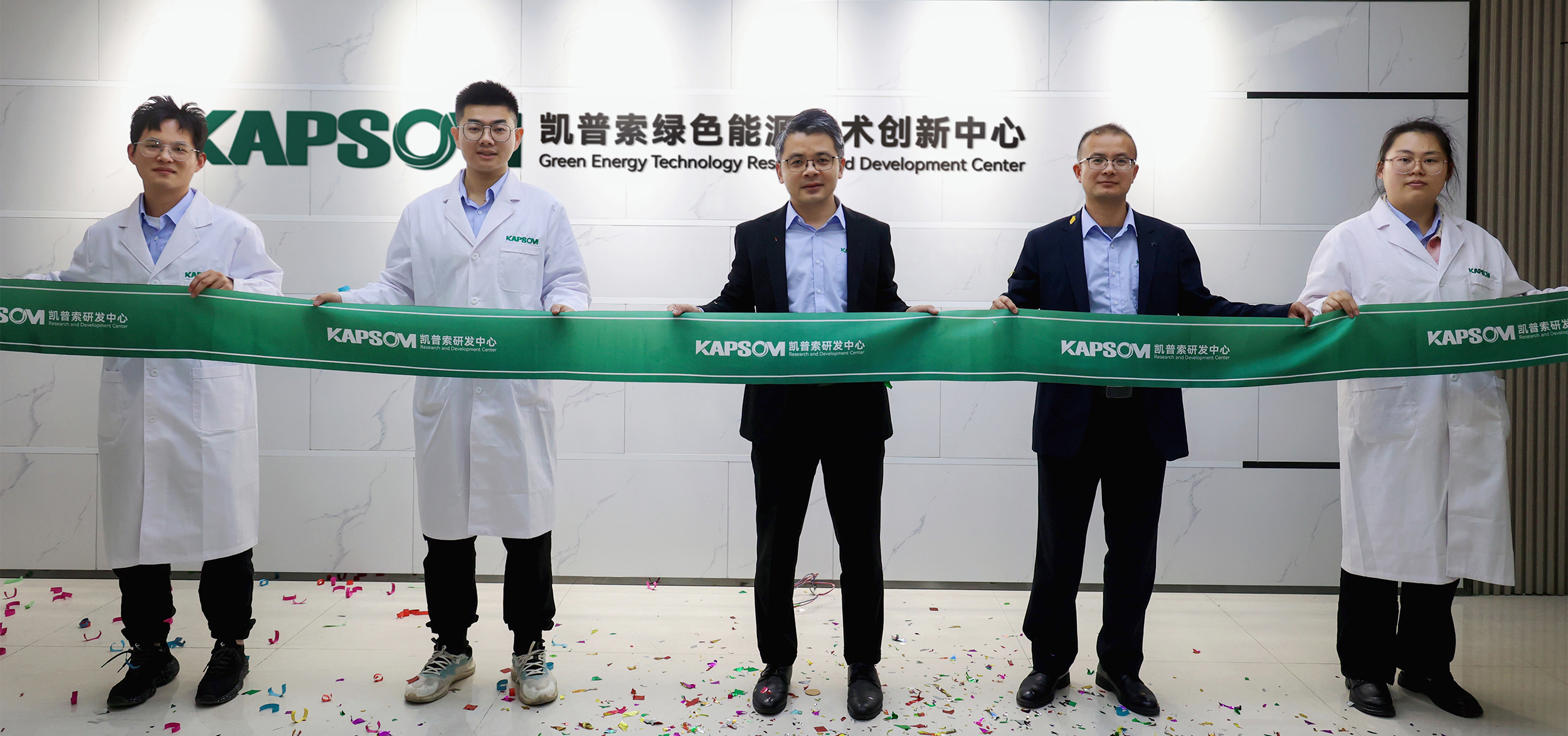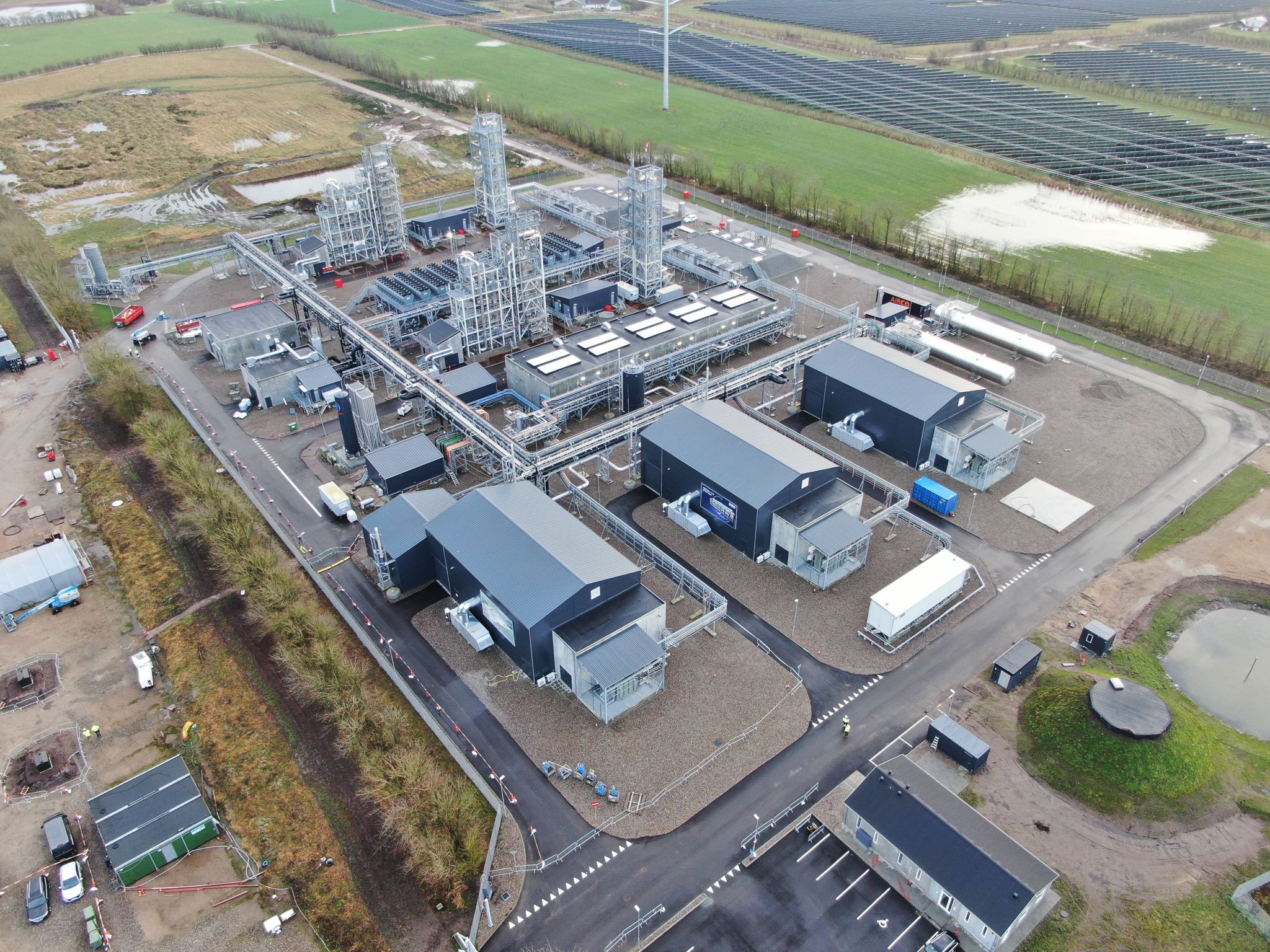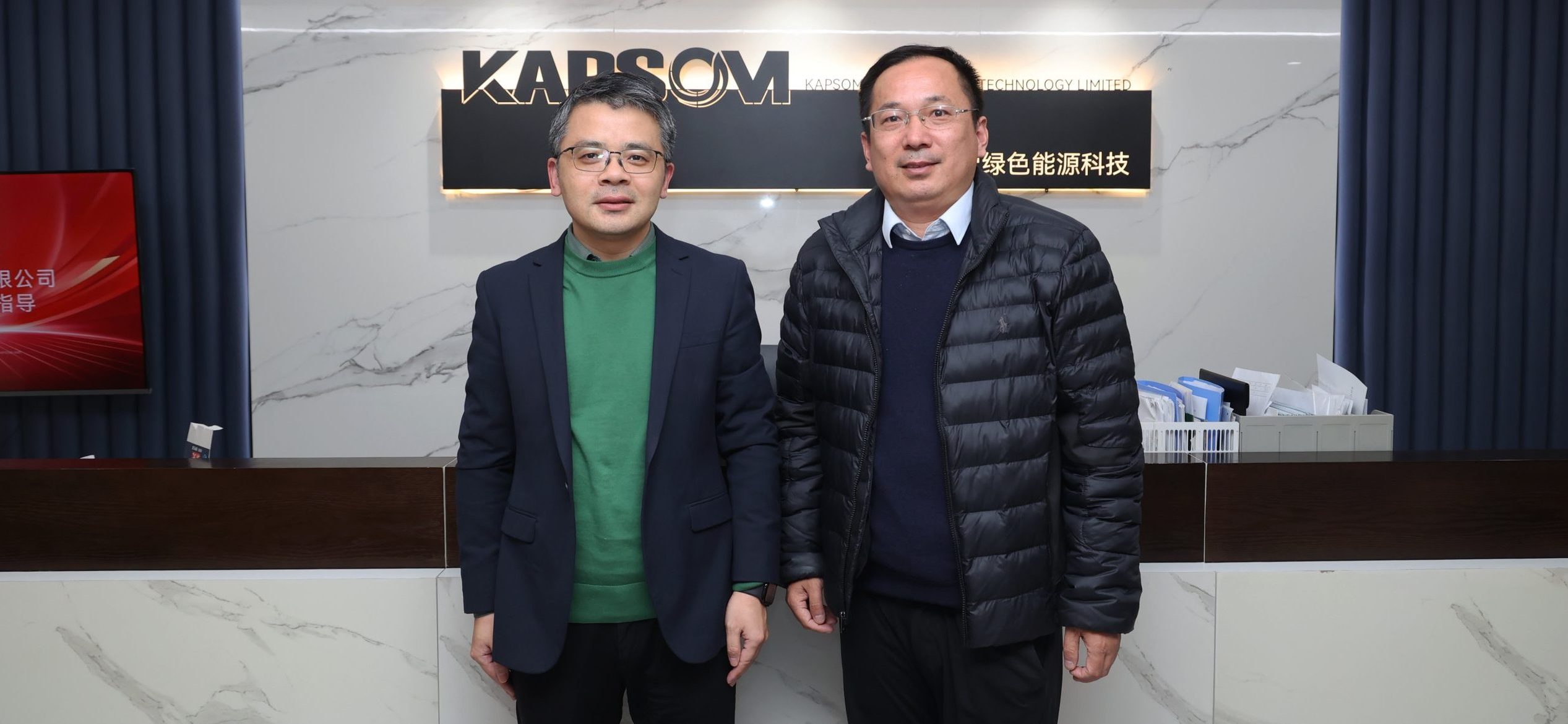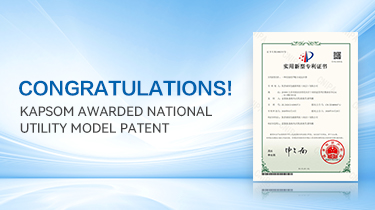From November 9 to 12, 2024, a delegation from Brazil’s BFW Group visited KAPSOM. During the visit, both parties engaged in in-depth discussions on the application of green ammonia in agricultural security and sustainable development, as well as KAPSOM’s technological solutions.

Green Ammonia: A New Driver for Brazilian Agriculture
Brazil holds approximately 15% of the world’s water resources, with an annual total of 6.95 trillion cubic meters. According to the Ministry of Mines and Energy of Brazil, as of 2023, hydropower accounts for 58% of the country’s energy mix, making it the primary energy source. As a key producer and exporter of agricultural products globally, Brazil accounts for 7.3% of global agricultural exports. The vast Amazon Basin has earned Brazil the title of the “World’s Granary of the 21st Century,” solidifying its important role in global agriculture. However, Brazil’s agricultural production relies heavily on imported fertilizers, with over 85% of its fertilizers sourced from international markets, making it one of the world’s largest consumers and importers of fertilizers.

Although Brazil’s greenhouse gas emissions account for only 3% of global emissions, activities in agriculture, forestry, and land use contribute to 63% of the country’s total emissions. Deforestation and degradation not only intensify greenhouse gas emissions but also harm biodiversity, reduce agricultural productivity, and pose a threat to food security. Against this backdrop, the development of green ammonia technology holds significant strategic importance for Brazil. With its abundant water resources and hydropower advantages, Brazil has the potential to reduce its reliance on imported fertilizers through green ammonia production, driving agricultural modernization and sustainable development. This would enhance the stability of food production and contribute to global food security.

Brazil’s Dual Effort: Green Energy Development and the Zero Hunger Program
In recent years, the Brazilian government has actively promoted the development of renewable energy, supporting the commercialization of green ammonia through tax incentives, financing support, and improved regulations, with the aim of enhancing agricultural sustainability and energy self-sufficiency. Although Brazil successfully reduced the number of people experiencing food insecurity by 82% from 2002 to 2013 and exited the United Nations World Food Programme’s “Hunger Map” in 2014, the exacerbation of social inequality has led Brazil to re-enter the “Hunger Map” in 2022.

To address this challenge, the Brazilian government launched the “Zero Hunger Program,” initiated by President Luiz Inácio Lula da Silva. The program aims to eliminate food insecurity and extreme poverty, with the goal of completely removing Brazil from the United Nations’ “Hunger Map” by 2030, and reducing the proportion of households experiencing severe food insecurity to below 5%. The program adopts a dual-track strategy, combining policies to increase agricultural productivity with measures to promote social inclusion, thereby enhancing food production capacity in impoverished areas. Green ammonia technology provides a viable solution for Brazil, helping to improve the sustainability of agricultural production and support global food security.
Exploring New Collaborative Opportunities
As a professional provider of green ammonia solutions, KAPSOM remains focused on customer needs, committed to delivering efficient, stable, and sustainable solutions. The company’s latest green ammonia equipment features high automation, ensuring system stability and ease of operation. The containerized modular design significantly shortens delivery timelines and enables rapid deployment worldwide.

The exchange with the BFW delegation from Brazil has deepened KAPSOM’s understanding of the Brazilian market needs and the current food security situation. We will continue to advance green ammonia technology, contributing to the sustainable development of global agriculture, while providing customers with more efficient and sustainable technological solutions.
For more information about KAPSOM and its initiatives, please contact dongling@kapsom.com.






